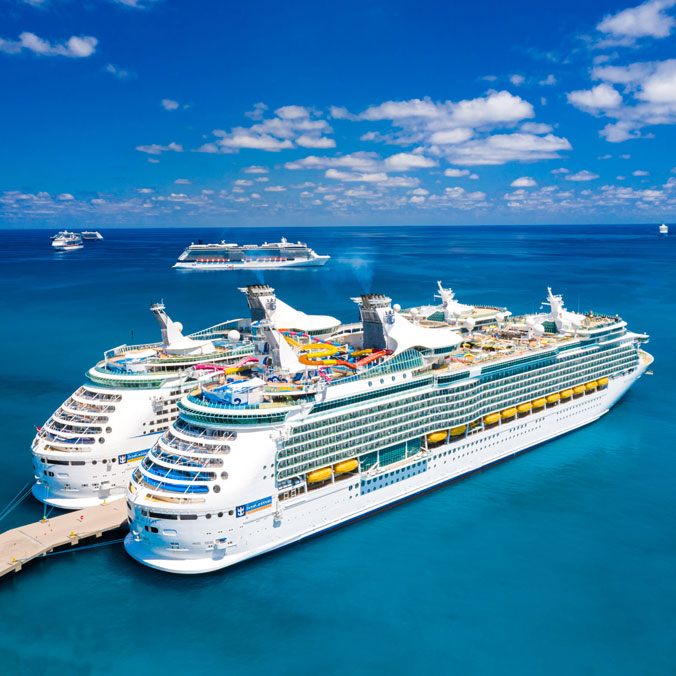Of huge concern to the entire shipping industry has been the general health and wellbeing of seafarers who are central to the global response to, and recovery from, the COVID-19 pandemic. Many of these seafarers had been onboard ships that were either in port, at anchorage or at sea. Furthermore, even if able to get to port, air travel has been virtually non-existent so the chances of getting home have remained remote.
The Bahamas is a country for which tourism is the major industry and, as such, it has a very close relationship with the passenger ship (cruise) sector of shipping. The Bahamas Government recognised the challenges facing seafarers onboard these ships in the Caribbean region and, taking the viewpoint that humanitarian need trumps all else, developed a series of protocols designed to allow The Bahamas to go above and beyond what was legally required. It worked tirelessly alongside cruise ship owners to permit their ships, along with their onboard crew, to shelter in Bahamian territorial waters during the period of their suspended operations due to the COVID-19 outbreak.
The Government’s offer was taken up by a number of cruise companies and over the period of over three months, some 70 ships of all flags sheltered in The Bahamas, with a collective crew of over 50,000 seafarers.
The Bahamas is a small country with a population of approximately 300,000 so this was a significant gesture on the part of The Government and people. The country takes pride in its reputation as a responsible and caring IMO coastal and port state and has demonstrated why it is worthy of this reputation through its actions.
The Bahamas’ action in providing a safe haven (to both Bahamas flagged and non-flagged vessels) facilitated the efforts by companies to repatriate crews back to their home using their own ships, a necessity due to the travel restrictions in force throughout the North America and Caribbean region.
Utilising tenders and shipboard crafts whilst following the strict medical and safety protocols instigated by The Bahamas Government, crews were moved between ships so that all seafarers from one geographic region were together on one vessel that was then able to sail back to their home states, thus avoiding the need for air travel.
Equally important was the safeguarding of The Bahamian population, there was no interaction or engagement between the crews of the ships and local residents, nor were the crews allowed to leave their vessels other than for the purposes of the authorised shipboard operations and latterly for recreational purposes on some of the islands.
The BMA, working with the Nassau Port Department and Bahamas Office of the Chief Medical Officer, was very proud to be a part of the Bahamas Government’s multiagency team working under the Bahamas Emergency Power Orders as we collaborated and supported our cruise ship partners in their efforts to repatriate seafarers to be reunited with their families during this challenging period.







